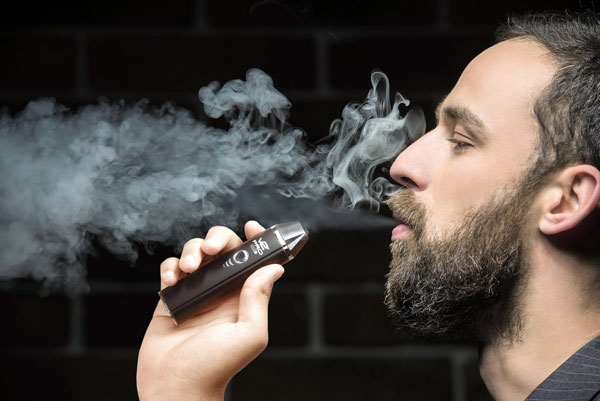A study funded by the US’ National Institutes of Health is testing whether nicotine patches can improve memory and functioning in people who have mild memory loss or Mild Cognitive Impairment (MCI), according to a story at globenewswire.com.
The largest and longest-running study of its kind, the MIND (Memory Improvement through Nicotine Dosing) Study is looking for 300 volunteers at sites across the US who have mild memory loss but are otherwise healthy, non-smokers and over the age of 55.
“The MIND Study will provide valuable information for researchers with regard to early memory loss that is associated with normal aging and early Alzheimer’s disease, but we need volunteers if we are going to succeed,” said Dr. Paul Newhouse, MD, director of the Vanderbilt Center for Cognitive Medicine and lead investigator for the MIND Study.
The story said that, according to the Alzheimer’s Association, about one in five people aged 65 or older had mild memory loss or MCI and were more likely to develop Alzheimer’s disease or other dementias.
Although currently there was no FDA-approved medication indicated to treat this condition, it was known that nicotine stimulated an area in the brain known to be important for thinking and memory, and scientists believed it could be an effective treatment for adults with MCI.
“People often think nicotine is addictive and harmful because it is in tobacco products, but it’s safe when used in patch form,” Newhouse said. “Nicotine is an inexpensive, readily-available treatment that could have significant benefits for people experiencing mild memory impairment.”
Potential study volunteers can learn more by visiting MINDStudy.org or calling 1-866-MIND-150.










